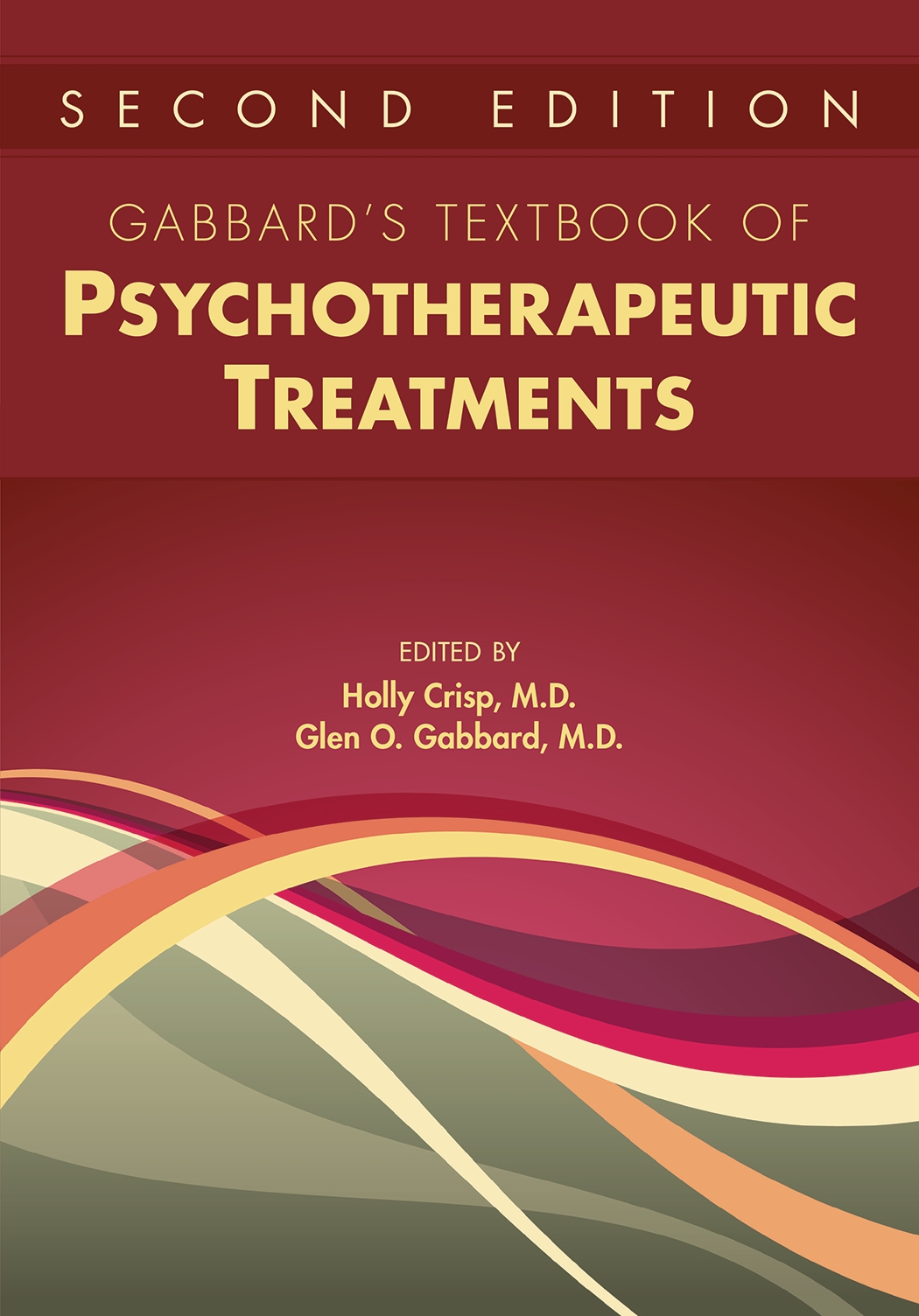Sections
Excerpt
What is referred to as group therapy is much more than one entity. Hence, an overview of the theories and techniques of the group therapies requires focus. A similarly intentional effort is necessary for the practice of group psychotherapy because, in comparison with dyadic work, there is more of everything in human groups. There are more interactions between members, more anxieties to investigate, and more difficulties to navigate. There is more content and more process. There is more affect to track. In addition, there are situations unique to this multipatient treatment format. For the clinician training as a group therapist, there is more knowledge to integrate and more skills to acquire. It is a complex therapeutic undertaking.
Access content
To read the fulltext, please use one of the options below to sign in or purchase access.- Personal login
- Institutional Login
- Sign in via OpenAthens
- Register for access
-
Please login/register if you wish to pair your device and check access availability.
Not a subscriber?
PsychiatryOnline subscription options offer access to the DSM-5 library, books, journals, CME, and patient resources. This all-in-one virtual library provides psychiatrists and mental health professionals with key resources for diagnosis, treatment, research, and professional development.
Need more help? PsychiatryOnline Customer Service may be reached by emailing [email protected] or by calling 800-368-5777 (in the U.S.) or 703-907-7322 (outside the U.S.).



